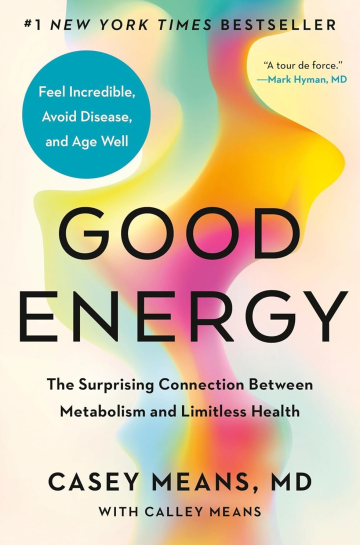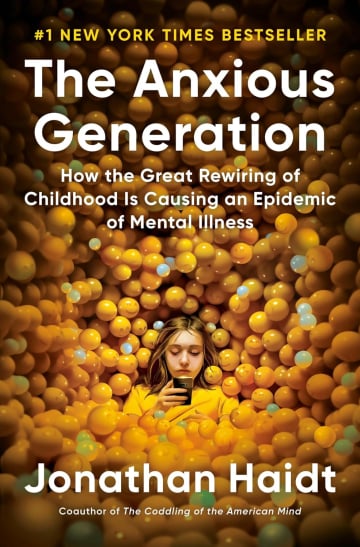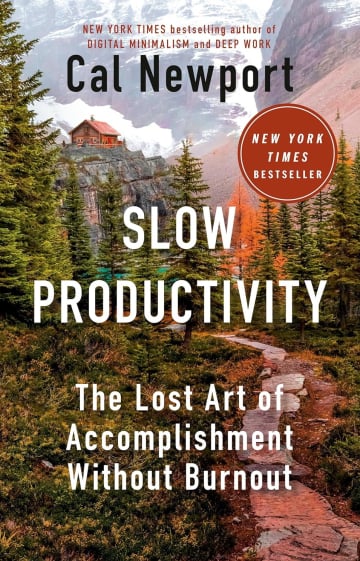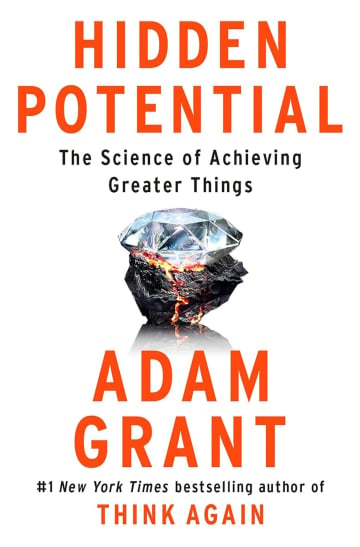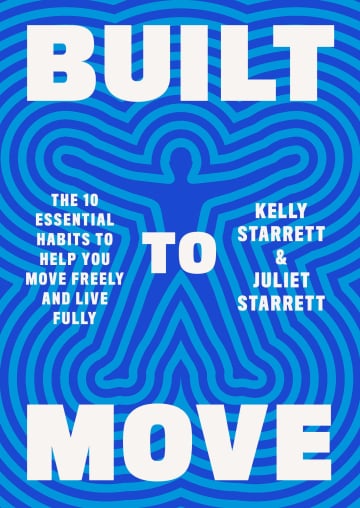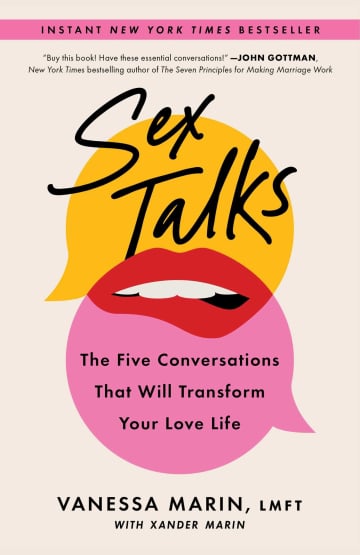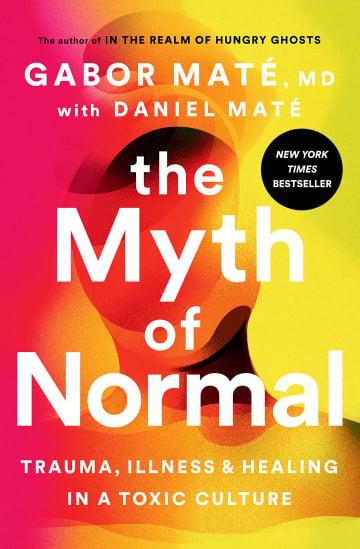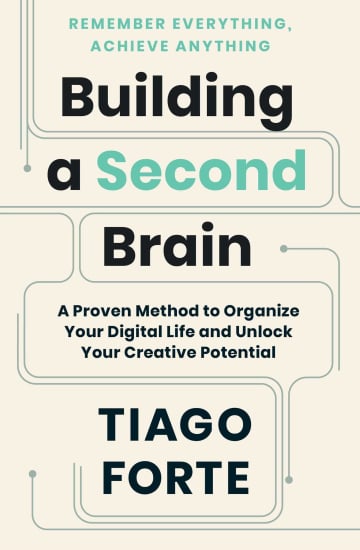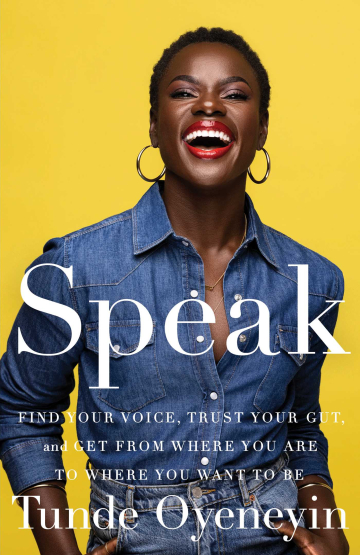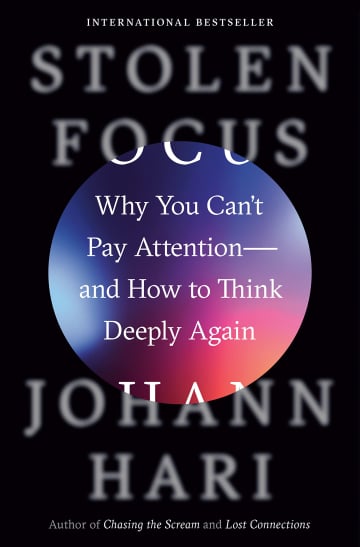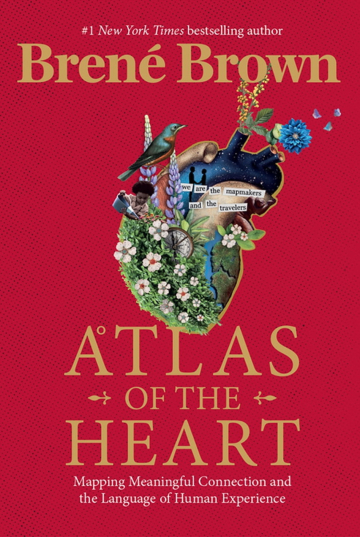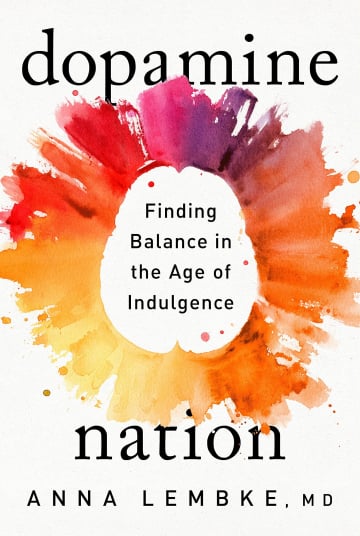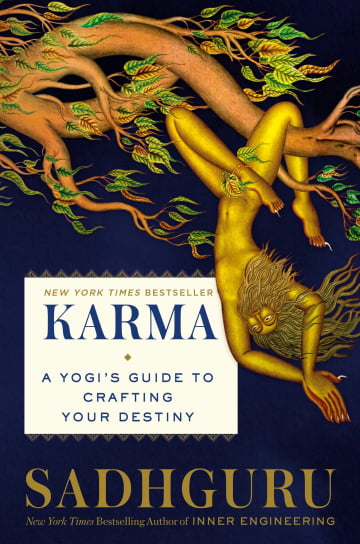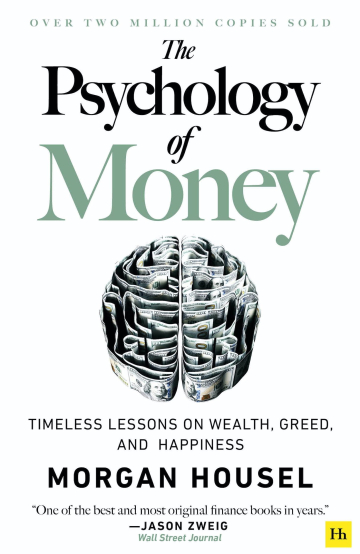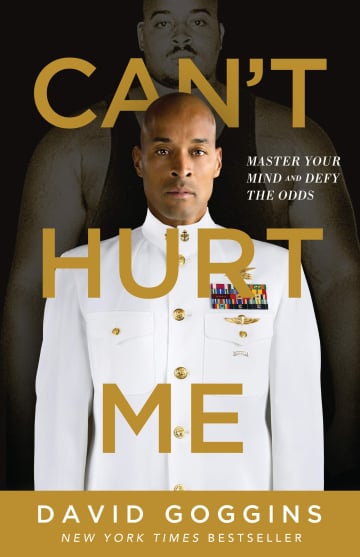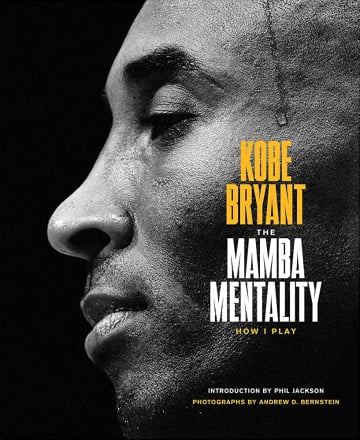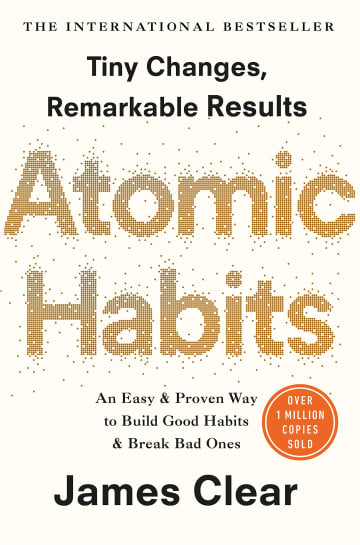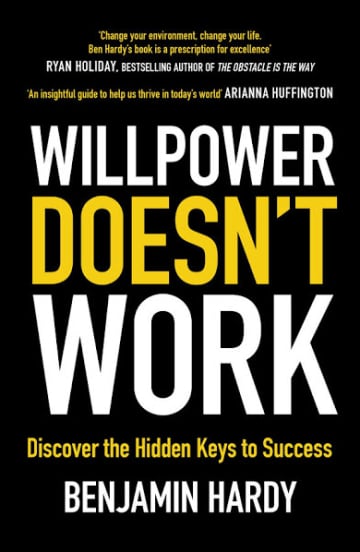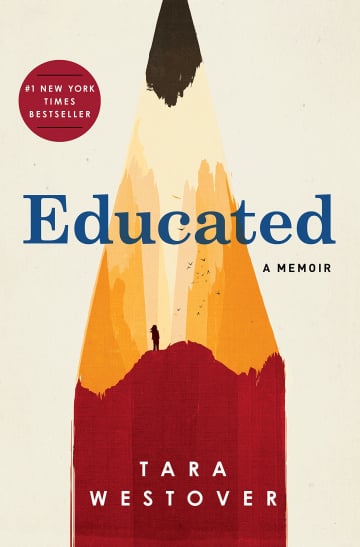
Educated: A Memoir
⚡️ 11 Quotes from the book
“Choices, numberless as grains of sand, had layered and compressed, coalescing into sediment, then into rock, until all was set in stone.”
“My life was narrated for me by others. Their voices were forceful, emphatic, absolute. It had never occurred to me that my voice might be as strong as theirs.”
“It’s strange how you give the people you love so much power over you, I had written in my journal. But Shawn had more power over me than I could possibly have imagined. He had defined me to myself, and there’s no greater power than that.”
“First find out what you are capable of, then decide who you are.”
“The subject Mill had in mind was the nature of women. Mill claimed that women have been coaxed, cajoled, shoved and squashed into a series of feminine contortions for so many centuries, that it is now quite impossible to define their natural abilities or aspirations.”
“Everything I had worked for, all my years of study, had been to purchase for myself this one privilege: to see and experience more truths than those given to me by my father, and to use those truths to construct my own mind. I had come to believe that the ability to evaluate many ideas, many histories, many points of view, was at the heart of what it means to self-create.”
“The thing about having a mental breakdown is that no matter how obvious it is that you’re having one, it is somehow not obvious to you.”
“The distance—physical and mental—that had been traversed in the last decade nearly stopped my breath, and I wondered if perhaps I had changed too much. All my studying, reading, thinking, traveling, had it transformed me into someone who no longer belonged anywhere?”
“I had pressed myself into the wall and was hugging my knees to my chest, trying to keep my heart from leaping out of my body. My friend rushed toward me to help and I screamed. It was an hour before I could let her touch me, before I could will myself away from the wall. So that’s a panic attack, I thought the next morning.”
“The decisions I made after that moment were not the ones she would have made. They were the choices of a changed person, a new self. You could call this selfhood many things. Transformation. Metamorphosis. Falsity. Betrayal.
I call it an education.”
“We are all more complicated than the roles we are assigned in stories.”
Related videos
Bookfave Note
Fantastic book for changing your whiny American perspective. Reading Educated will leave you extremely grateful for the following and more: medical care, dental care, food that’s not canned, school, your teachers, clothes that fit, seatbelts, your siblings if they’re remotely nice, and every book that is not the Bible or the Book of Mormon.
4 Minute Summary
When Tara Westover started college at age seventeen, she was well aware of her father’s opinion: “College is extra school for people too dumb to learn the first time around.” Except for Tara there had been no “first time around.” She was not “homeschooled,” as her family now claims, via a lawyer, in protest of the memoir. Her family spent all its time and all its meager resources planning for the end of the world: canning food, hoarding fuel, preparing “head for the hills” bags for each of the seven children (Tara is the youngest) and accumulating weapons. Tara became highly educated in some practical matters that many of us miss out on: welding, roofing, herbal remedies, midwifery. She learned to read from an older sibling but her access to books was severely limited. She remarks, of her first semester in college, “. . .I struggled in English. My teacher said I had a knack for writing but that my language was oddly formal and stilted. I didn’t tell her that I’d learned to read and write by reading only the Bible, the Book of Mormon, and speeches by Joseph Smith and Brigham Young.” She grew up deeply connected to the natural world, to the rhythm of the mountains around her. But she also lived with a startling lack of medical and dental care, without knowledge of basic hygiene, with little to no ability to interact with those outside the Mormon faith. Concussions, third degree burns, high fevers, earaches, even brain injuries were treated with prayer and herbs. All events, no matter how devastating, were considered gifts from the Lord.
The first-time author describes her childhood with an unflinching eye that neither whitewashes nor indulges in self-pity. The crazy survivalist parents are also highly intelligent, loving, skilled in many areas. The violent older brother who routinely shoves Tara’s head in the toilet is also the closest of her siblings, an ally who stands up to their father on Tara’s behalf. The misogynistic, suffocating religion also serves as a refuge in which Tara feels safe. For a time.
As harrowing as Tara Westover’s childhood was, the transition from it is almost more violent. To enter the world of the educated—to become educated herself—she must suffer countless moments of confusion and discomfort over never having heard of things like the Holocaust or slavery or the Civil Rights Movement. To enter the world of the educated she must separate from her family, physically and psychologically. Her father, after praying about Tara’s decision to go to school, relates the Lord’s opinion: “You have cast aside His blessings to whore after man’s knowledge. His wrath is stirred against you. It will not be long in coming.” Once Tara’s horizon widens, she is unable to narrow it again in order to regain membership in her own family: “I had come to believe that the ability to evaluate many ideas, many histories, many points of view, was at the heart of what it means to self-create.” Finally, she must confront her parents. However, Westover writes, “In families like mine, there is no crime worse than telling the truth.”
Educated is almost three decades’ worth of truth: elegantly, honestly presented in what, ironically, will be an education of sorts for many a reader.
Follow the author
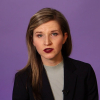
Tara Westover is an American historian and memoirist. She holds a PhD in intellectual history from Trinity College, Cambridge. Westover was named one of Time’s 100 Most Influential People. In 2019, she was the Rosenthal Writer in Residence at Harvard, and in 2023, she received the National Humanities Medal from President Biden.
Publications
Gates Notes: Educated is even better than you’ve heard
The Guardian: Escape from a Mormon fundamentalist family
The New York Times: Review: ‘Educated,’ by Tara Westover
National Review: When Memoirs Share Too Much, Too Soon
Ask Albert:
Rate the book
⚡️ Discover Even More Bookish Wisdom
recommends
